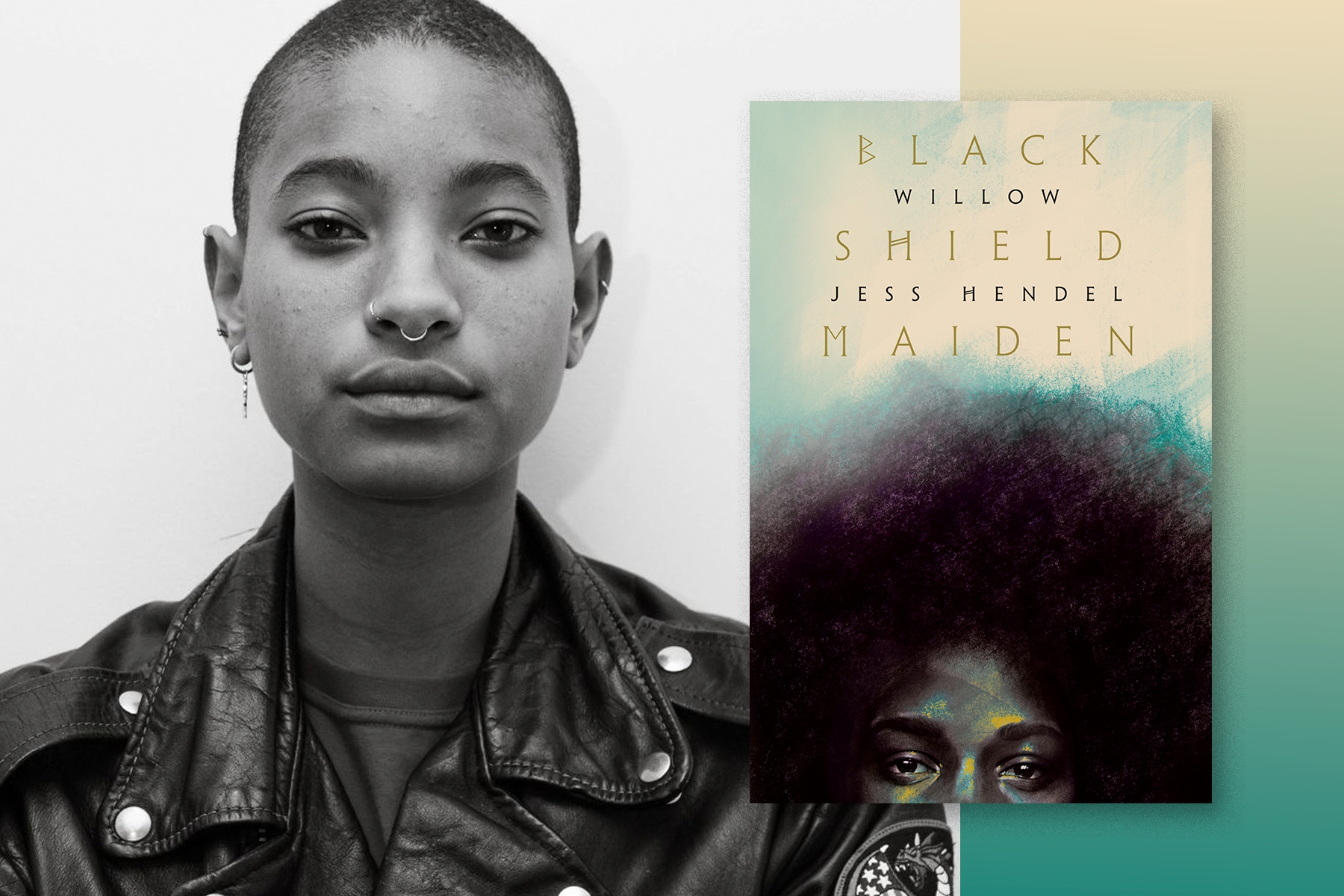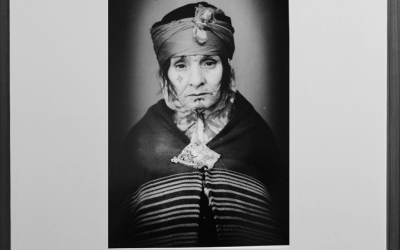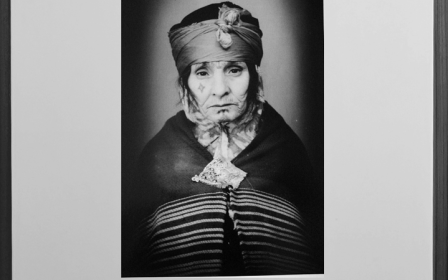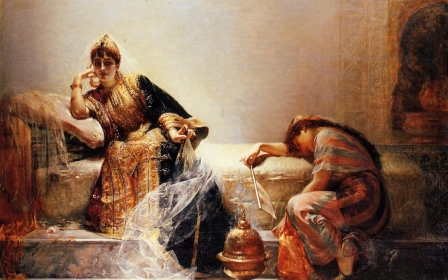Black Shield Maiden: Willow Smith's new book lambasted over representation of Muslims

Users on social media have expressed "horror" about the portrayal of Muslims and Amazighs in a preview of Willow Smith's next fantasy novel, Black Shield Maiden.
The 21-year-old American singer and songwriter is set to release the book in October this year, but many are calling for edits to be made to it before it is published.
New MEE newsletter: Jerusalem Dispatch
Sign up to get the latest insights and analysis on Israel-Palestine, alongside Turkey Unpacked and other MEE newsletters
The book - which follows two young women, an African warrior (Yafeu) and a Viking princess (Freydis) as they work together to construct their own fate - has come under fire for making references to Muslims and Amazighs in what many have said portrays the two as "savages".
Willow and co-author Jess Hendel reference Islam in an 'exclusive extract' uploaded online by the Penguin publishing firm.
The extract states that when Yafeu enquires about the gods to which the people within the "domed-building [mosque] were praying", the father explains that "Muslims call him Allah and do not worship any other".
Another passage, titled "Amazigh," states, “the Amazigh are dangerous on their best day. They have little regard for anyone who doesn’t worship the Muslim god—and even their own tribes are always at war with one another.”
Online, many social media users condemned the preview of the book, deeming it offensive and orientalist.
Some social media users stated that the use of language in the text had colonialist tones by characterising Amazigh people as "feral lawless savages".
Another social media user responded to the extract by calling it "dehumanising," referencing the French colonisation of Algeria.
Other tweets stated that this is not uncommon for fantasy fiction, where stereotypical and orientalist tropes are rife.
"Why is she using actual indigenous groups for her fantasy book?" one social media user questioned. "The Imazighen [Amazighs] aren't some ancient mythical people, we're very much real and alive and she's basically portraying us as this harmful stereotype of barbaric savages," they added, calling on Smith to stop writing about topics she does not understand.
Despite the novel's proclamation that it is the first "series that makes visible the histories and mythologies of medieval African peoples, and women of the Viking age, which have been erased by dominant Western narratives in media and education," many online have noted the irony of reinforcing racist stereotypes of Amazighs and Muslims, delivering nothing new to either audience.
Numerous others expressed their dissatisfaction with the repeated portrayal of Muslim and Amazigh peoples by western writers, where the recurrent disappointment of being portrayed as "violent savages" has prompted many to declare that they no longer wish to be represented.
Following the widespread online backlash, co-author Jess Hendel responded on Instagram that the novel "tackles directly prejudices about the Amazigh and other Islamic peoples” adding that “they did a ton of research on early Islamic caliphates and their many overlooked complexities and contributions".
Users commented on the authors' ignorance in referring to Muslims as "Islamic people" despite professing to have conducted extensive research on the subject.
Others were perplexed by the book's marketing as a synthesis of Ghanaian and Viking traditions despite the publication of an excerpt on Muslims and Amazighs in the exclusive snippet.
Demands for the book to be edited or re-written have continued to be made online.
Middle East Eye delivers independent and unrivalled coverage and analysis of the Middle East, North Africa and beyond. To learn more about republishing this content and the associated fees, please fill out this form. More about MEE can be found here.





